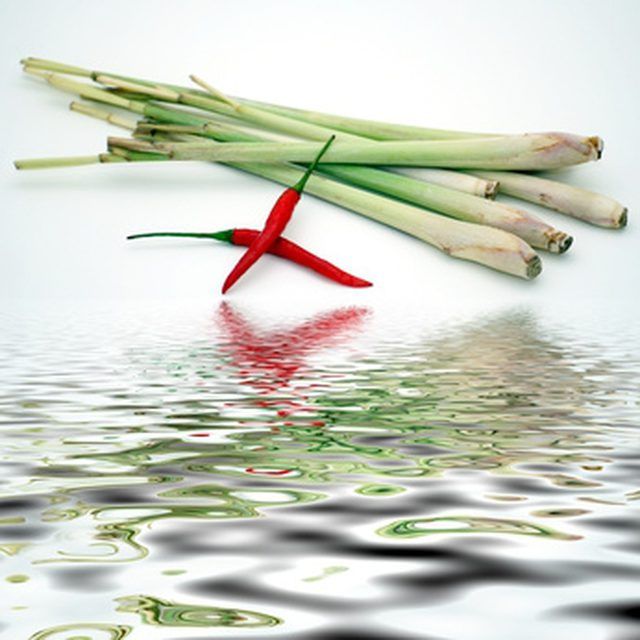Bulbs
Flower Basics
Flower Beds & Specialty Gardens
Flower Garden
Garden Furniture
Garden Gnomes
Garden Seeds
Garden Sheds
Garden Statues
Garden Tools & Supplies
Gardening Basics
Green & Organic
Groundcovers & Vines
Growing Annuals
Growing Basil
Growing Beans
Growing Berries
Growing Blueberries
Growing Cactus
Growing Corn
Growing Cotton
Growing Edibles
Growing Flowers
Growing Garlic
Growing Grapes
Growing Grass
Growing Herbs
Growing Jasmine
Growing Mint
Growing Mushrooms
Orchids
Growing Peanuts
Growing Perennials
Growing Plants
Growing Rosemary
Growing Roses
Growing Strawberries
Growing Sunflowers
Growing Thyme
Growing Tomatoes
Growing Tulips
Growing Vegetables
Herb Basics
Herb Garden
Indoor Growing
Landscaping Basics
Landscaping Patios
Landscaping Plants
Landscaping Shrubs
Landscaping Trees
Landscaping Walks & Pathways
Lawn Basics
Lawn Maintenance
Lawn Mowers
Lawn Ornaments
Lawn Planting
Lawn Tools
Outdoor Growing
Overall Landscape Planning
Pests, Weeds & Problems
Plant Basics
Rock Garden
Rose Garden
Shrubs
Soil
Specialty Gardens
Trees
Vegetable Garden
Yard Maintenance
How to Grow Lemon Grass Indoors
How to Grow Lemon Grass Indoors. Lemon grass--botanical name Cymbopogon citratus--is an aromatic perennial plant that originated in India. A staple of Thai and Asian cuisine, lemon grass has a refreshing citrus scent and a delicate, yet tangy, flavor, with none of the tartness of actual lemons. This versatile herb can be sliced, chopped, or...

Lemon grass--botanical name Cymbopogon citratus--is an aromatic perennial plant that originated in India. A staple of Thai and Asian cuisine, lemon grass has a refreshing citrus scent and a delicate, yet tangy, flavor, with none of the tartness of actual lemons. This versatile herb can be sliced, chopped, or crushed, and used in soups, stews, salads, teas, and main dishes. Lemon grass is not difficult to grow indoors, where its graceful, gray-green leaves make it an attractive houseplant as well as a flavorful addition to recipes. By following some simple guidelines, you can have pots of lemon grass brightening your kitchen windowsill.
Things You'll Need
Sharp, clean knife or scissors
6- or 8-oz. glasses or small vases
Small clay pots
Commercial potting mix
Perlite
Commercial water-soluble fertilizer at a 20-20-20 formulation
Cut several freshly-purchased stalks of lemon grass--making sure the white bulbous end points down--so that there is between 9 and 12 inches of stalk remaining.
Put the stalks bulbous side down in glasses with a few inches of water, and place them in bright, indirect light.
Transplant the lemon grass into clay pots that you have filled with seven parts potting mix to three parts perlite when the stalks have developed small white roots--usually within seven to 14 days. Plant them so the crown--where the roots meet the plant-- is just below the surface of the potting mix, and water well.
Place the pots in a place where they will get six hours of sun a day--on a southern-facing windowsill is ideal--and keep potting mix consistently moist.
Keep your lemon grass at normal room temperatures. According to online nursery Santa Rosa Gardens, temperatures of 70 to 75 degrees during the day are optimal. Temperatures at night should be somewhat lower--between to 55 and 60 degrees.
Water your established lemon grass deeply, irrigating until water runs out of the drainage holes, but don't water too frequently. Let the soil dry out a little between waterings.
Feed your lemon grass with a half-strength solution of a balanced water-soluble fertilizer with a 20-20-20 NPK formulation twice a month during the growing season, usually from April to November. Don't fertilize at all in the winter months.
Tips & Warnings
You can use the entire stalk of lemon grass, but because of its fibrous quality, you may want to remove larger pieces before serving.
The delicate lemon flavor of lemon grass makes it a natural partner for garlic, chilies and cilantro. For a lemony twist on an old favorite, try it in salsa.